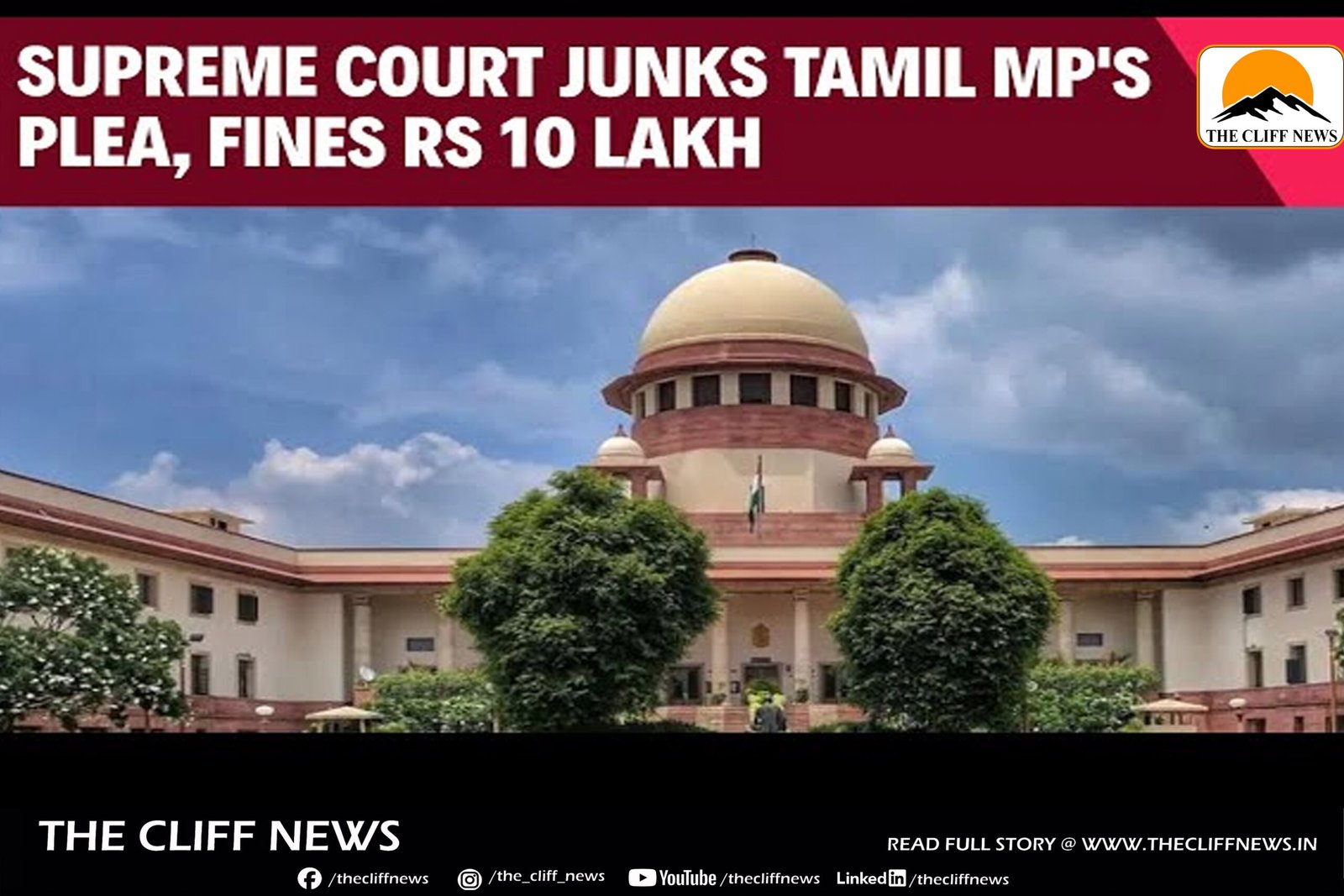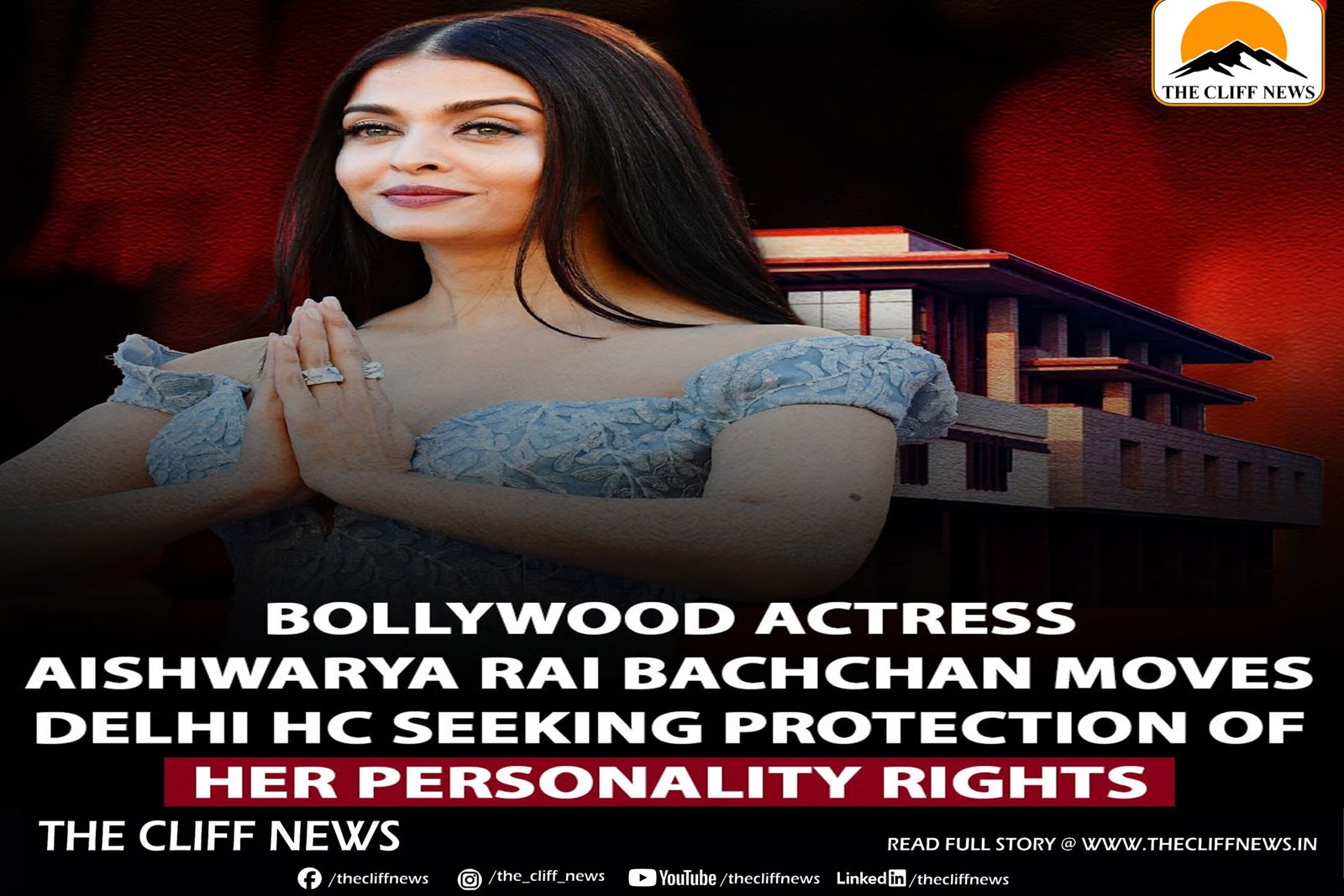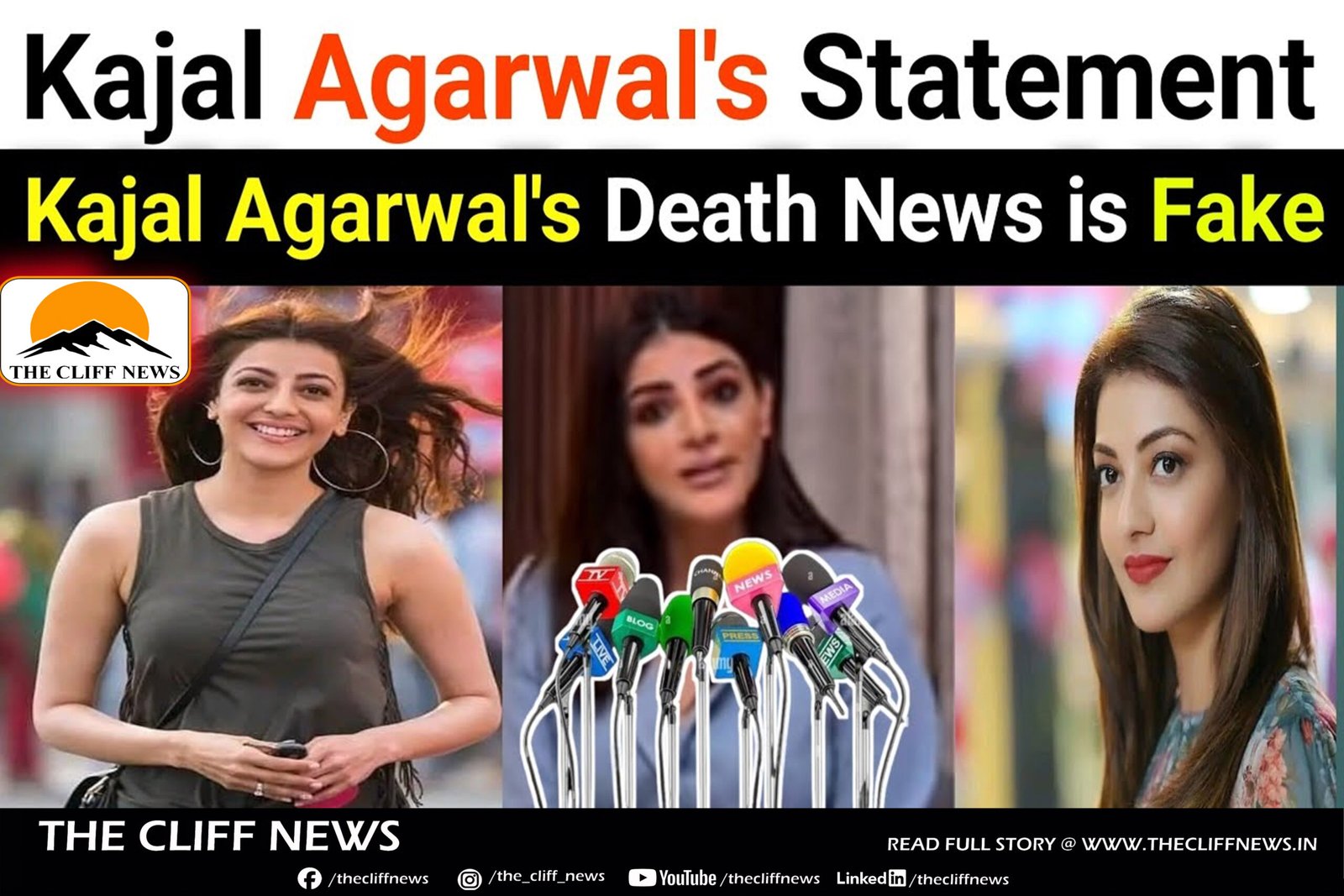In a strong verdict delivered on Wednesday, the Supreme Court of India gave the green signal to Tamil Nadu’s ‘Ungaludan Stalin’ (With You, Stalin) scheme, dismissing a petition filed by AIADMK MP C.V. Shanmugam as “misconceived” and politically motivated. The court also imposed a ₹10 lakh cost on the MP for abusing the legal process, directing that the amount be used for state schemes benefiting the underprivileged.
A three-judge bench comprising Chief Justice B.R. Gavai and Justices K. Vinod Chandran and N.V. Anjaria observed that political disputes should be resolved before the electorate and not in courts. The bench made it clear that the judiciary should not be used as a platform to settle political scores.
Targeted Challenge Against DMK Scheme Questioned
The court quashed the Madras High Court’s July 31 interim order, which had restrained the Tamil Nadu government from using names and photographs of living or former chief ministers, party leaders, or political parties for government welfare schemes. The apex court noted that while 45 such schemes named after political figures exist across the country, the petitioner had singled out only the DMK’s programme, thereby raising questions about his intentions.
“If the petitioner was genuinely concerned about the misuse of public funds, he should have challenged all such schemes,” the bench said. “However, targeting a single political party and leader suggests a political motive behind the petition.”
High Court Order Set Aside
The Supreme Court’s decision came after hearing senior advocates Mukul Rohatgi, A.M. Singhvi, and P. Wilson, representing the Tamil Nadu government. The state government argued that it is well-established in previous Supreme Court rulings that photos and names of current and former chief ministers can be used in publicity for welfare schemes.
Rejecting arguments made by senior advocate Maninder Singh, representing the AIADMK MP, the top court held that such naming conventions are widely used across states, and singling out the ‘Ungaludan Stalin’ initiative was unjustified.
Petitioner’s Motive Under Scrutiny
The court also noted that the petitioner approached the Madras High Court merely three days after submitting a representation to the Election Commission, without giving the poll body time to respond. It termed this as an abuse of legal process and questioned the motive behind the urgency.
The original PIL filed by Shanmugam had alleged that the DMK’s naming and promotion of the ‘Ungaludan Stalin’ and ‘Mudhalvarin Mugavari’ schemes violated norms. The Madras High Court had passed an interim order barring use of names, portraits, and symbols of ideological leaders, former CMs, or the DMK party in such government advertisements.
However, the Supreme Court’s ruling emphasized that courts should refrain from interfering in political matters unless there is clear legal wrongdoing.
This verdict reaffirms the judiciary’s position on limiting its role in political confrontations and sets a precedent for similar cases across India where political parties have sought legal routes to challenge public outreach initiatives of their rivals.



